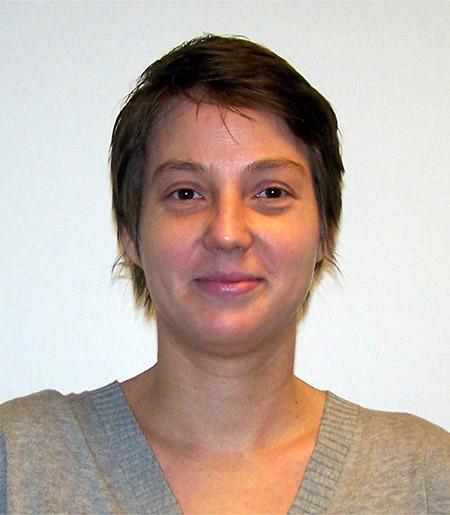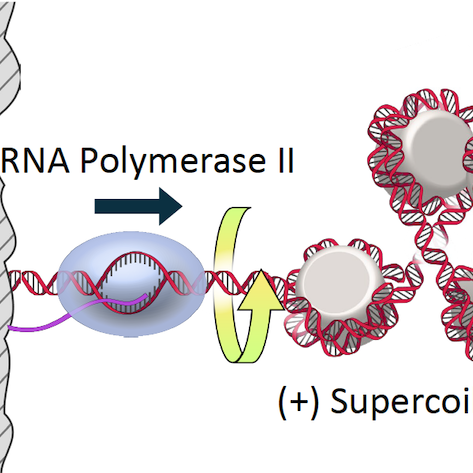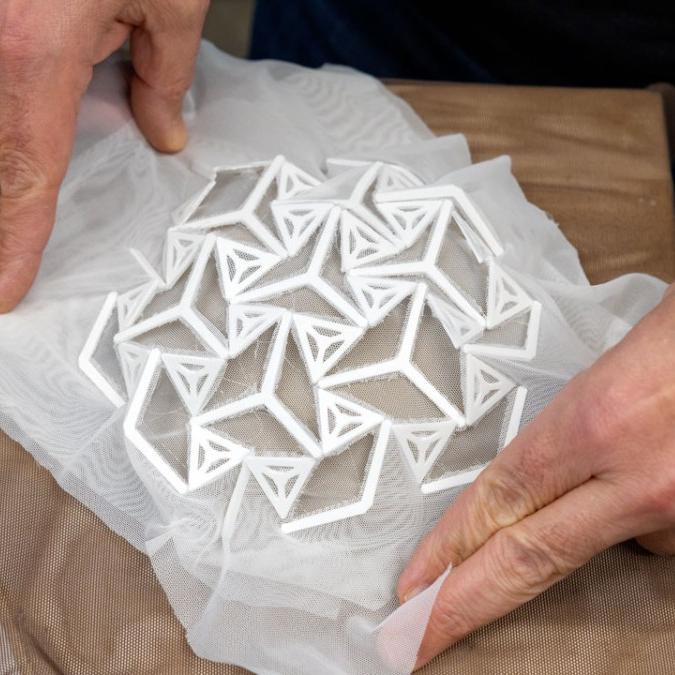Nicole Hao ’25 majored in mathematics.
“Without [my] decision to start doing astrophysics research through Nexus Scholars, I wouldn’t be where I am right now.” Nicole Hao ’25, a member of the inaugural Nexus Scholars cohort, originally intended to study astrophysics but found a captivating aspect of her research that pulled her in a different direction. Hao worked with former A&S Dean and astronomy professor Ray Jayawardhana, using machine learning (ML) to detect and classify solar flares and high-energy spectra. “From there, I pivoted towards math and ML because I was one of the first people to use ML to help with science, [and] I realized how powerful it was,” she said.
Hao recalled transforming a challenging task into a meaningful learning experience while picking up machine learning for the first time that summer.
“I sat down and read through [so] many books and articles. I tried things out, and reported to [my professor and postdoc]. [I thought], ‘maybe this is what research is like, diving head-first to figure things out.’” Hao credits her group’s hands-on approach to mentorship, enabling her to work and make discoveries independently, as being crucial to her proudest achievement that summer. “I was able to program everything on my own and I ended up publishing a first-author paper based on my research at Nexus.”
After the Nexus Scholars Program, Hao started learning more about artificial intelligence and took computer science courses to power her research. Today, Hao is a software engineer for Artian AI, a company based in New York City. She works on multi-agent AI systems for finance. In the future, Hao plans to follow wherever innovation will lead her. “What I learned from my Nexus Scholars project is that innovation, like ML, is changing a lot of the ways that people do things traditionally. I’m really interested in the power of multi-agent AI: taking in information as a video, text, or sound. I think that’s where a lot more revolutionary measures are going to be.”
Hao advises that Nexus Scholars be proactive in their research processes, not just for the sake of completing work on time, but to understand what they want to gain from the program. “Nexus, to me, was also a professional development experience. The emphasis was not just ‘work on research, get it published.’” Hao encourages students to consider whether the research they’re doing is something they would be interested in continuing in the future, whether through graduate school or employment experiences. “At the time, I had one goal: learn about astrophysics, if this is something for me. And I feel like I got exactly that.”





